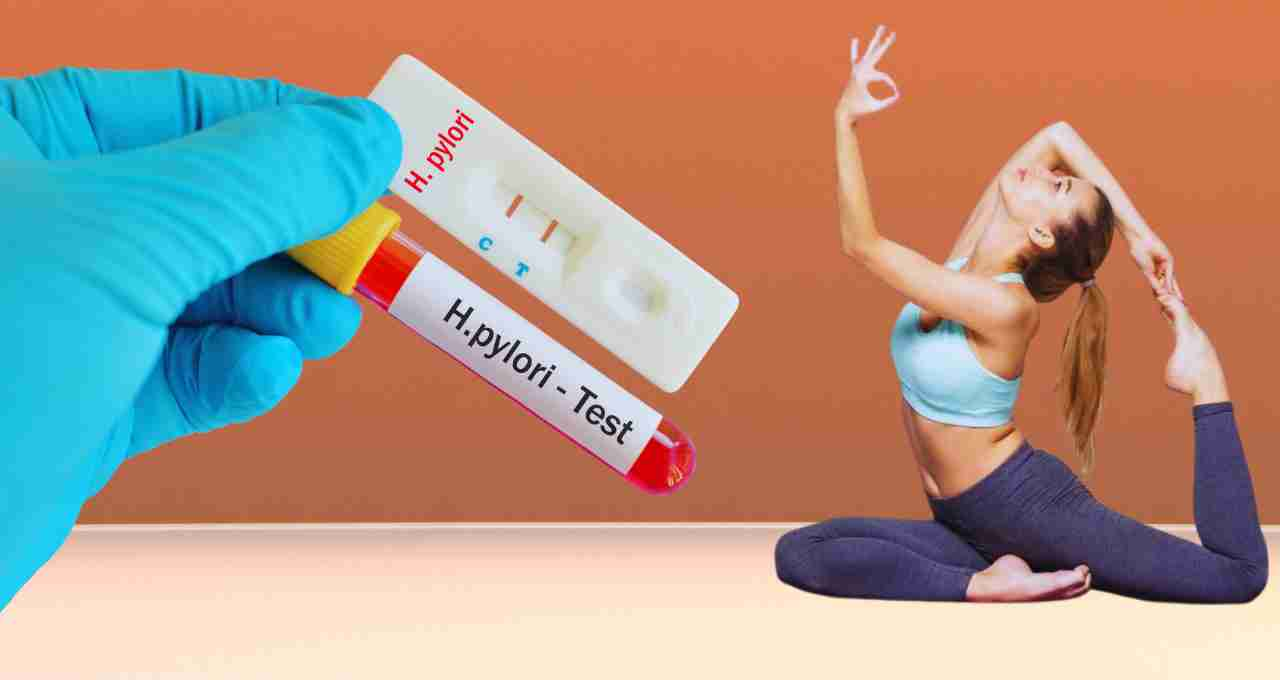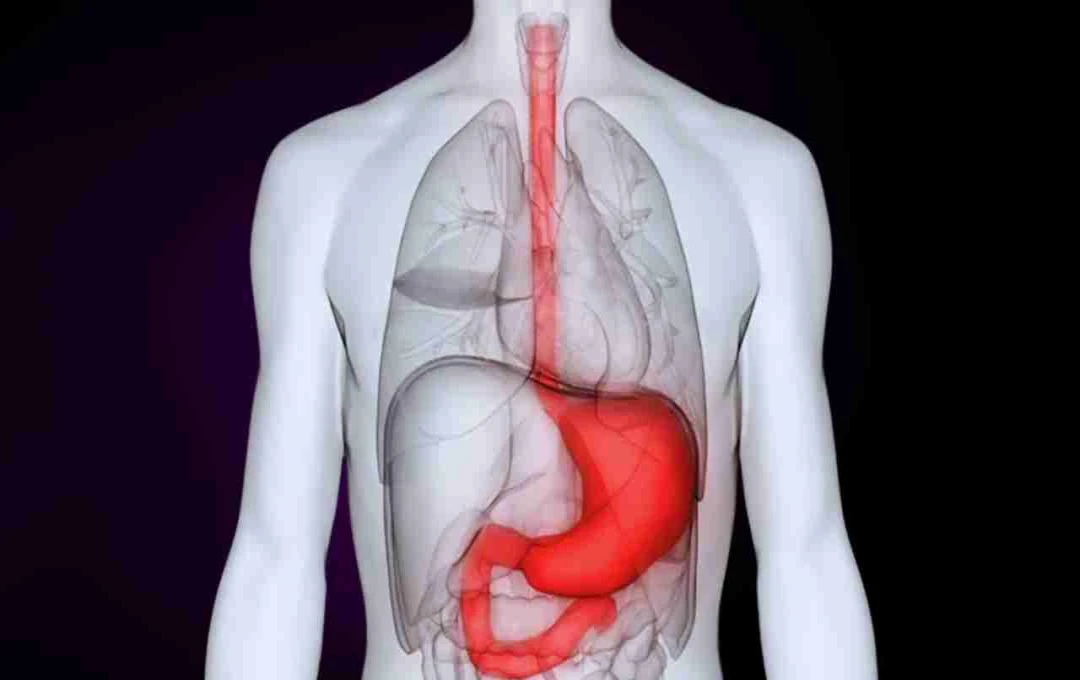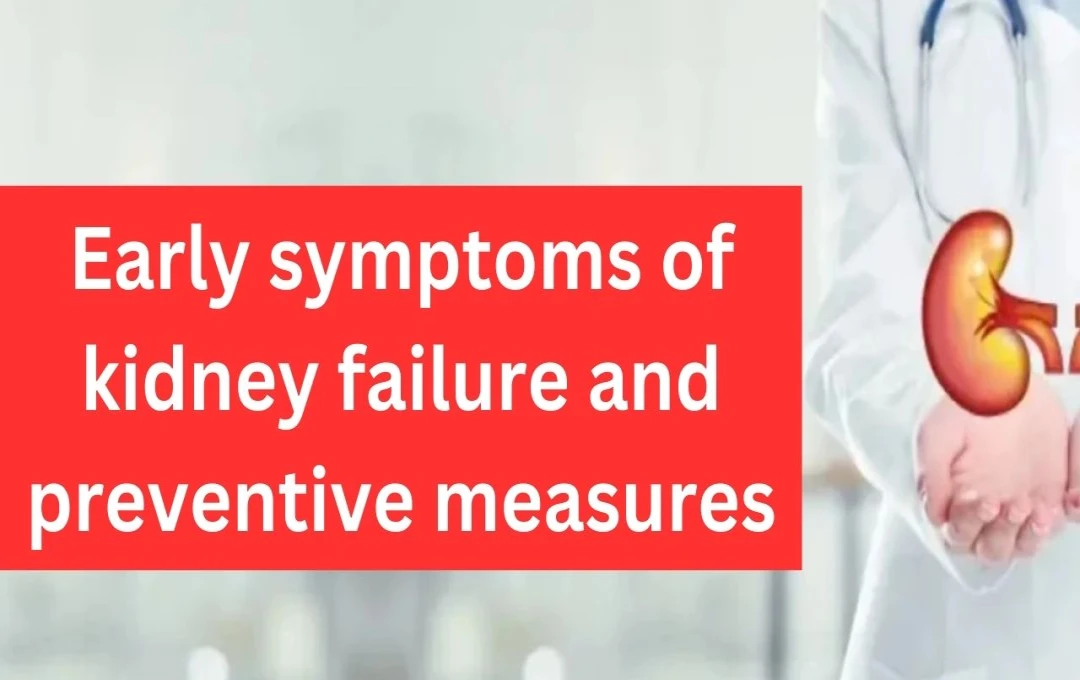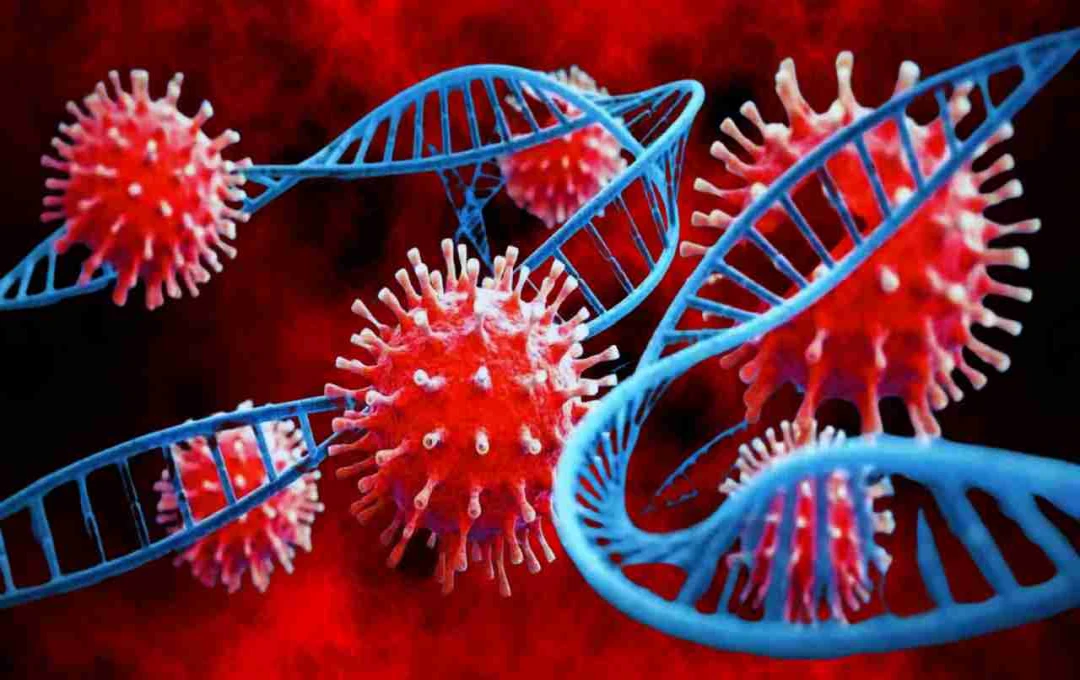Gastric cancer, or stomach cancer, is a serious and life-threatening disease in today's world. It develops slowly, and initial symptoms are often subtle or easily dismissed, leading to late diagnosis. However, early detection and treatment can significantly improve outcomes and control the disease.
What is Stomach Cancer?
Stomach cancer occurs when cells in the inner lining of the stomach begin to grow abnormally, forming a tumor. This tumor can grow and spread to other parts of the body, such as the liver, lungs, or lymph nodes. Medically, it's known as "gastric carcinoma."
Major Causes of Stomach Cancer

- H. pylori Infection: This bacteria damages the stomach lining and, if left untreated, can lead to ulcers and cancer.
- Poor Dietary Habits: Excessive consumption of salty, smoked, spicy, or processed foods damages the stomach lining. Foods high in nitrates, such as processed meats, increase cancer risk.
- Smoking and Excessive Alcohol Consumption: Smoking and excessive alcohol weaken stomach cells and promote cancer development.
- Family History: A family history of gastric cancer increases your risk.
- Long-Term Illnesses: Persistent gastritis, pernicious anemia, or stomach polyps increase the risk of cancer.
- Obesity and Sedentary Lifestyle: Lack of physical activity and increased weight promote inflammation in the body, allowing cancer cells to thrive.
Symptoms of Stomach Cancer
Stomach cancer develops gradually, and early symptoms might mimic common indigestion or gas. However, these symptoms worsen over time:
- Fullness or pain in the stomach after eating
- Loss of appetite and sudden weight loss
- Nausea, vomiting, or vomiting blood
- Black stools (due to blood)
- Difficulty swallowing
- Persistent fatigue and weakness
- Swelling or a lump in the stomach
Effective Prevention Measures for Stomach Cancer

- Maintain a Balanced and Natural Diet: Consume green vegetables, fruits, whole grains, and fresh foods to help prevent cancer. Avoid processed and red meats, fast food, and soda.
- Avoid Smoking and Alcohol: Both substances damage stomach cells and significantly increase cancer risk.
- Regular Exercise and Weight Management: Engage in at least 30 minutes of physical activity daily. Obesity creates a favorable environment for cancer in the body.
- Get Tested for H. pylori: If you experience frequent heartburn, ulcers, or indigestion, get tested for and treated for H. pylori bacteria.
- Be Vigilant if You Have a Family History: If there's a family history of stomach cancer, consult a gastroenterologist regularly and undergo tests like endoscopy.
Treatment for Stomach Cancer
Stomach cancer treatment depends on the stage of cancer and the patient's overall health.
- Surgery: If the cancer is in its early stages, the affected part of the stomach containing the tumor may be removed.
- Chemotherapy: This medication kills cancer cells or stops their growth. It can be administered before or after surgery.
- Radiation Therapy: High-energy rays are used to destroy the tumor. This is often used in conjunction with chemotherapy.
- Immunotherapy: This modern technique boosts the body's immune system to fight cancer.
- Targeted Therapy: These specialized drugs target cancer cells without affecting healthy body parts.
Stomach cancer is a serious disease, but early detection and treatment can significantly improve the outcome. Lifestyle changes, a balanced diet, regular checkups, and avoiding bad habits are the most powerful ways to prevent this disease. Remember, don't ignore even minor stomach discomfort. Consult a doctor promptly and adopt a healthy lifestyle to live a long, healthy, and secure life.














